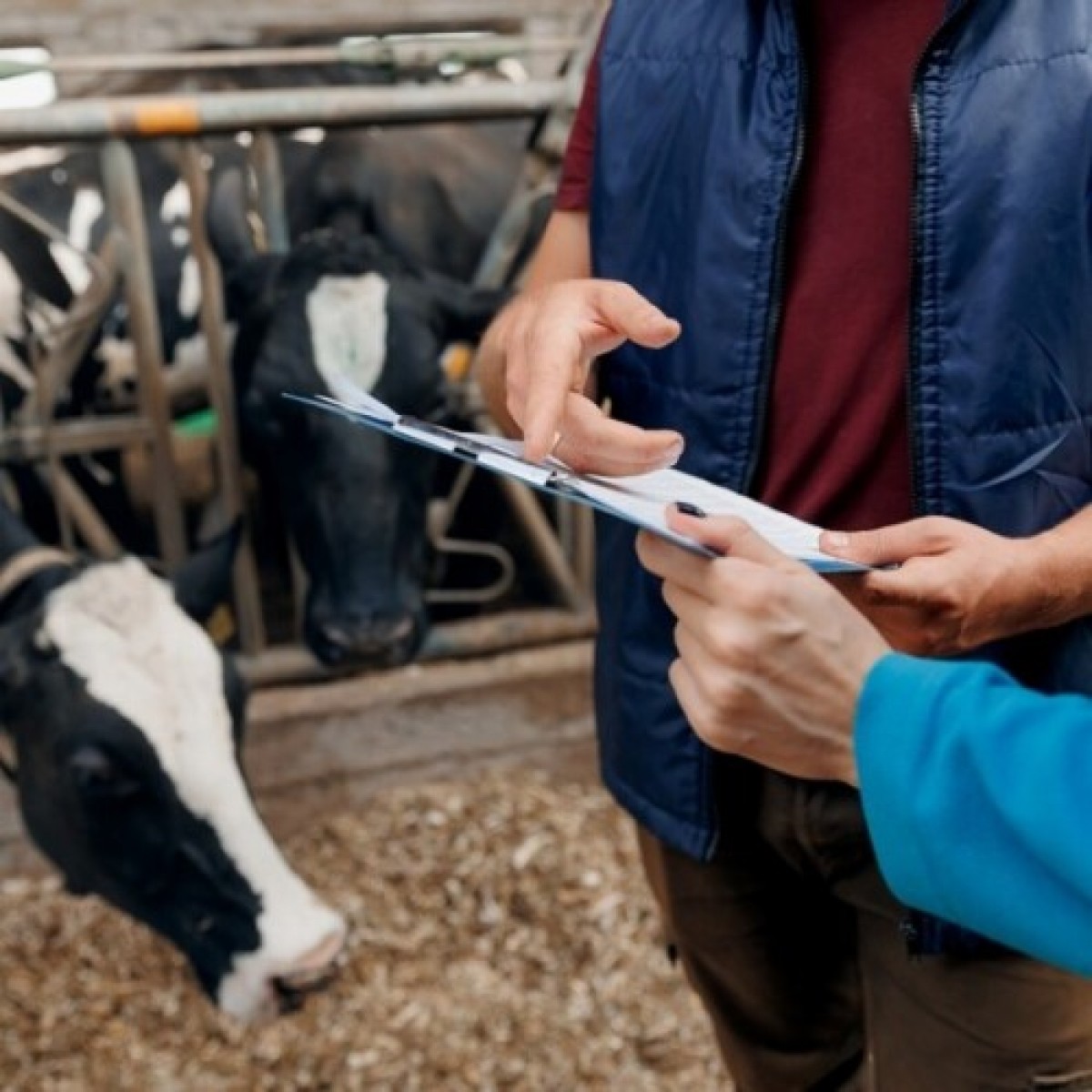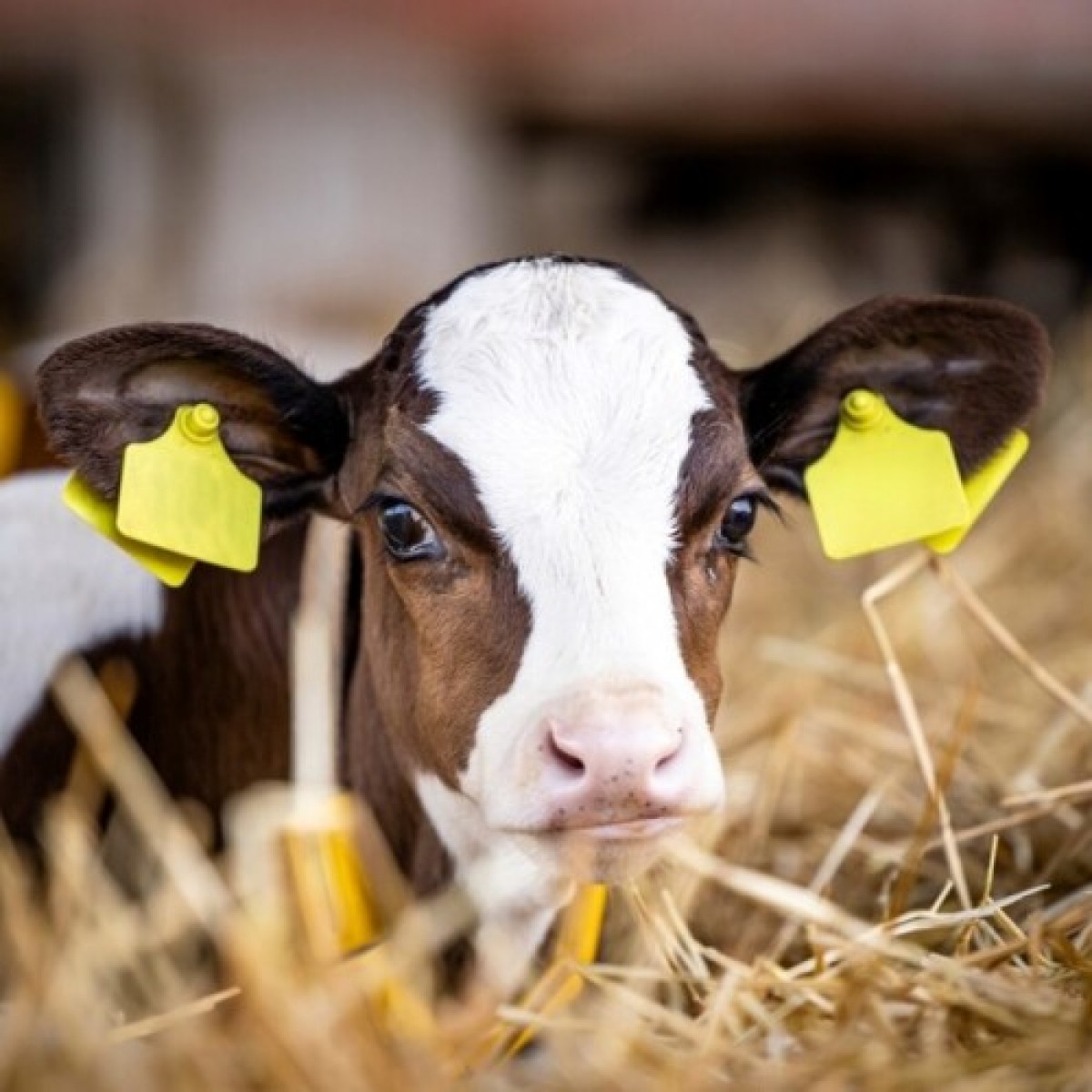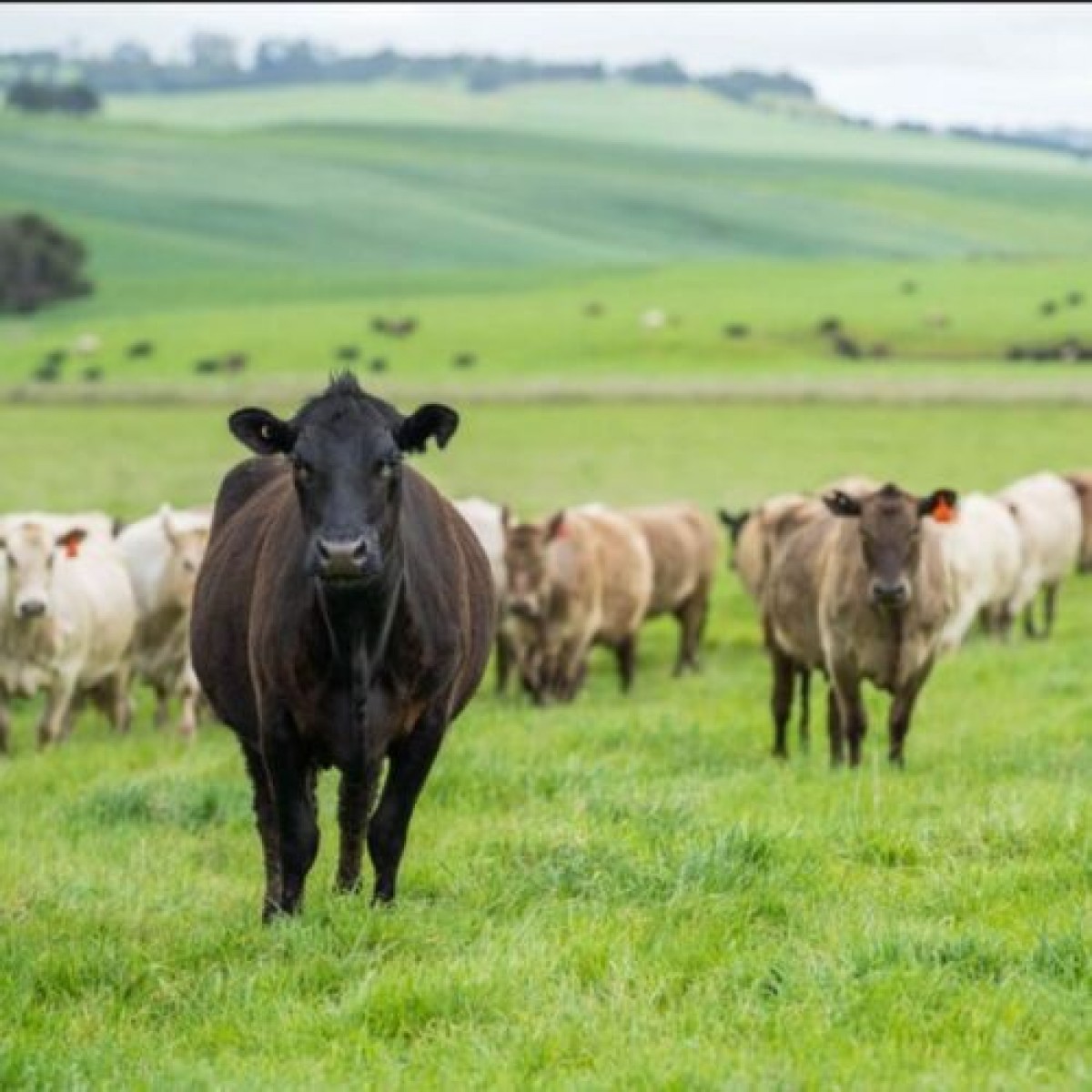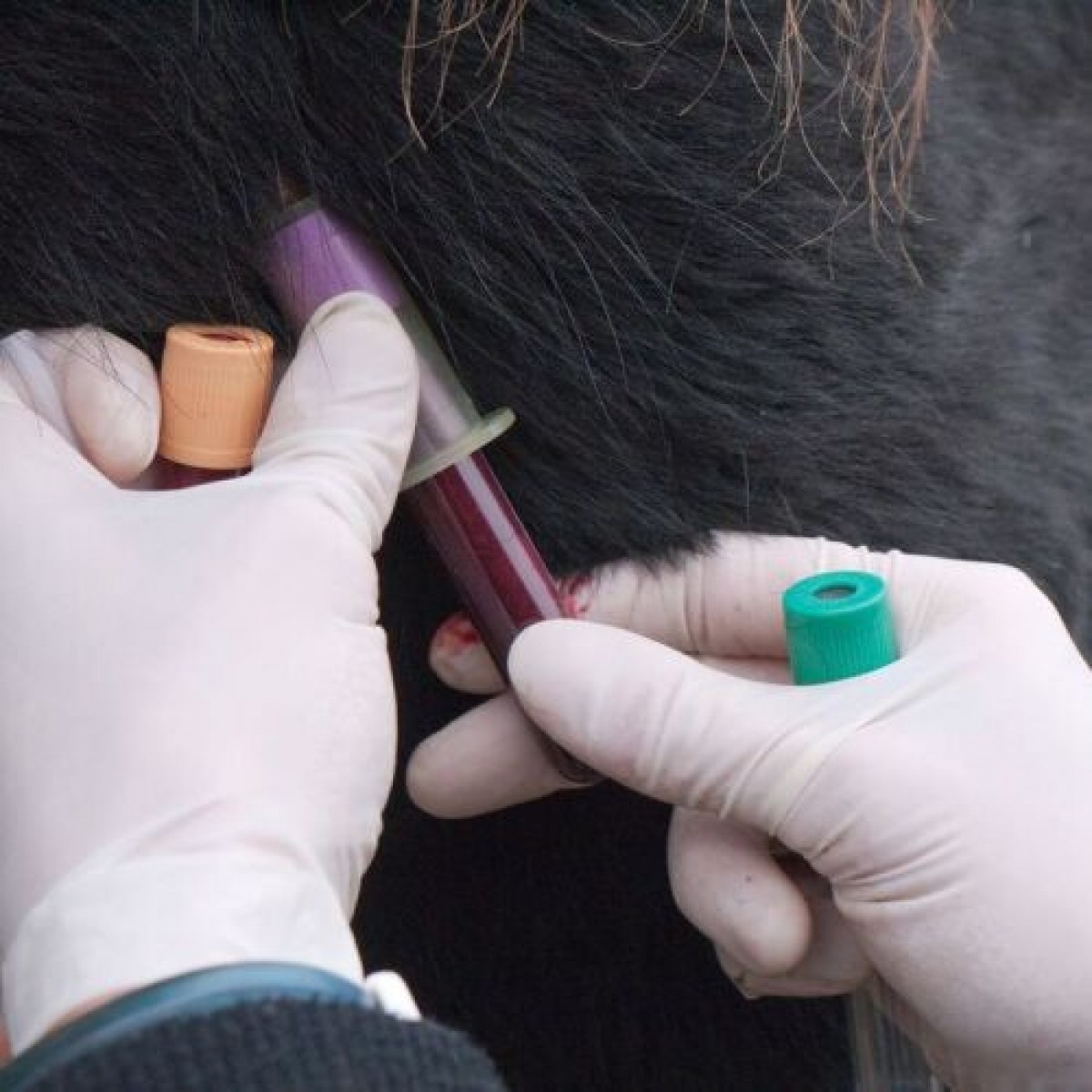Research confirms that production animals do not transmit coronavirus
Neither cattle and pigs, poultry or eggs, nor arthropods such as mosquitoes, ticks, or flies can become a source of coronavirus infection for people. This is the conclusion of more than a year and a half of work by the Agricultural Research Service (Agriculture Resecar Service, ARS) of the United States.
In February 2020, this agency of the United States Department of Agriculture (USDA) began to investigate with the aim of "confirming that farm animals were not susceptible to the SARS-CoV-2 virus and eliminating possible concerns that animals farm animals become infected and transmit the virus to people through direct contact or agricultural products, "explained Cyril Gay, the senior leader of the ARS national program for animal production and protection.
ARS has laboratories and staff dedicated to the investigation of especially dangerous pathogens, including emerging zoonotic agents such as SARS-CoV-2. The research carried out on the coronavirus "clearly provided science-based evidence" that neither production animals nor the main insects that are related to them can replicate the virus and become an infectious threat to people. There was only one exception: deer, which were susceptible to SARS-CoV-2, "Interestingly, the deer did not get sick, but they quickly transmitted the virus to other deer," said Cyril Gay.
The ARS included the white-tailed deer in its research because the genetic sequence of the cellular receptor for the SARS-CoV-2 virus closely aligns with the sequence of the human receptor and because this species is raised on some American farms.
Safety guidelines
The National Center for Animal Diseases, the National Center for Poultry Research and the Arthropod-Borne Animal Diseases Research Unit were the centers where the dangers of the coronavirus were analyzed when little was known about it. The researchers followed the guidelines of the health and safety protocols issued by the Centers for Disease Control and Prevention at all times to guarantee their safety, as well as the support staff and ARS collaborators.
"A critical aspect of our work is to respond quickly and implement emergency investigations into a disease outbreak and rapidly test or develop veterinary medical countermeasures to prevent and control its spread," Gay explained. "By mitigating the impact of disease, we reduce the threat they could pose to America's livestock, our economy and our citizens." ARS has a long history of emergency investigations in response to animal disease outbreaks, such as the H1N1 swine flu in 2009 and the highly pathogenic avian influenza virus outbreak in 2014-2015.














List
Add
Please enter a comment